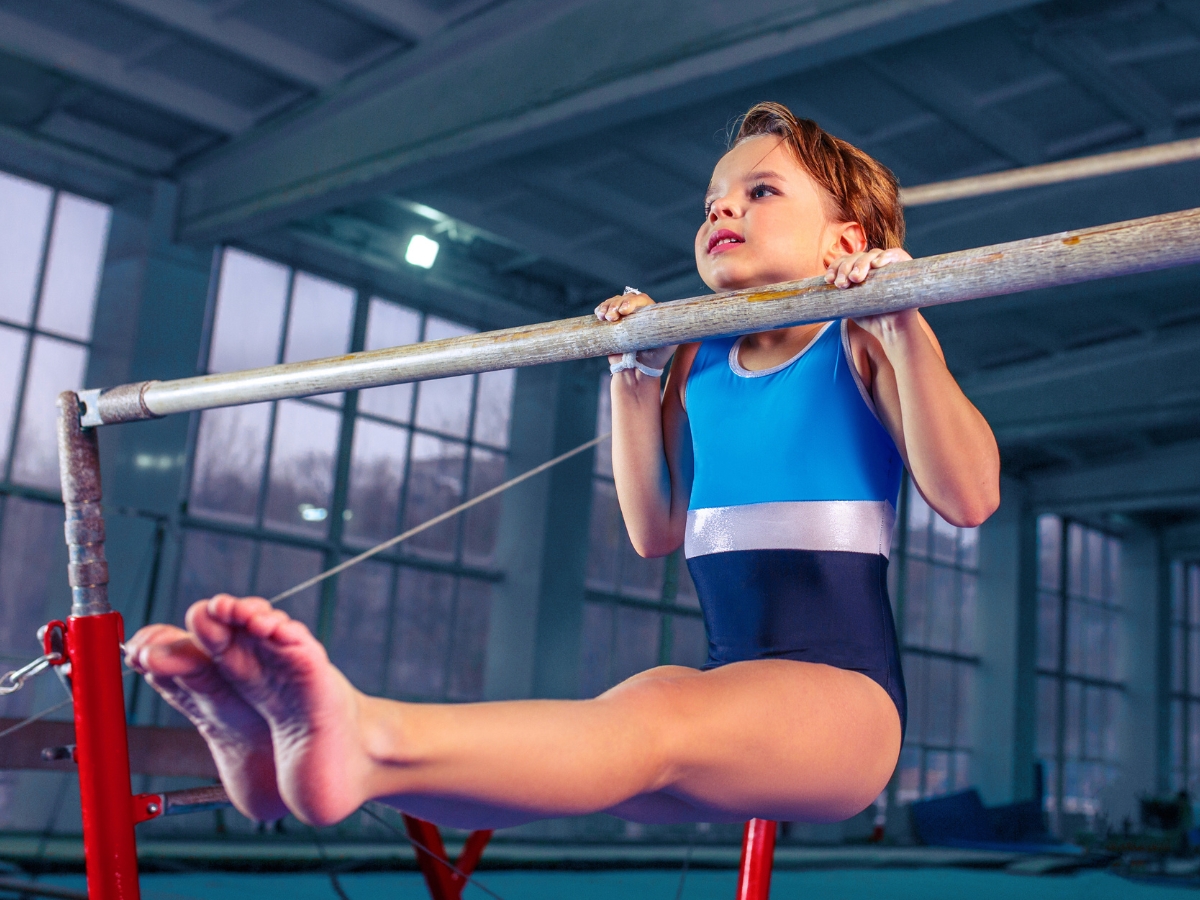According to a report by USA Gymnastics, over 20 million American children between 6 and 16 play competitive sports and the competitive season is when they need support from their parents the most. You play a key role in your young gymnast’s future in the sport and their competitive career, and by providing them with the support they need, you can ensure they stay invested for years to come.
With that kind of pressure, knowing how to provide your child with the support system they need to succeed during the competitive gymnastics season can seem overwhelming. Luckily, we’re here to help with a comprehensive list of tips to help you provide your young gymnasts with the support they need to go for the gold!
Understand the Demands of the Competitive Season
While you want your child to pay equal attention to all aspects of their life, cutting them some slack during the competitive season can be an enormous help. They have to be in top shape, both physically and emotionally.
Imagine your stress during college exams or job interviews. This is what your child is facing, as well as the physical demands of training and perfecting their routines for upcoming competitions. To help them, consider:
- Giving them a break from a few chores at home.
- Reducing their extra-curricular activities.
- Talking to school teachers to show some understanding.
- Protect your child from the risk of injuries (for instance, postpone your annual mountain hike with the family).
Prioritize Emotional Support
The competitive season in gymnastics is when your child can face some of the most physically and emotionally complex challenges of their gymnastics careers.
As the unfortunate issue of the Paris Olympics 2024 bronze medal dispute in ladies’ floor exercise shows, the trip from absolute joy to devastating disappointment can happen in a matter of seconds.
So, the best thing you can do is be there for your child and assure them of your unconditional love and support. Celebrate victories with them and let them unburden their emotions to you in case of less than positive results.
Offer Your Child Logistical Support
Order and discipline are essential in any competitive sport. Help your child be organized during the competitive season by:
- Ensuring their training and competition kits are complete and in good condition.
- Taking your child to and from training sessions.
- Keeping track of the homework they are supposed to do in school.
- Creating monthly reports of their progress to help them face the competition with more confidence.
Some methods of support may seem small but in reality, every little thing that eases your gymnast child’s stress and removes uncertainty can make a difference.
Be on the Same Page With Your Child’s Coach
A coach’s importance in your child’s success in sports and their level of engagement can’t be overstated. A good coach knows how to motivate young gymnasts, teach them, mentor them, and offer advice for handling stress during competition.
After verifying that they are competent and fit to teach your child, always respect the coach’s authority. Unless you have very serious reasons to doubt them, try to avoid:
- Undermining their authority in your child’s eye.
- Questioning their professionalism.
- Giving your child training and sports advice that goes against the coach’s guidelines.
Remember to Remain a Parent
Remember that you are your child’s parent, not their coach. Many parents make the mistake of interfering with the coach’s work which usually ends badly in terms of your child’s interest in gymnastics.
For example, when you get monthly reports from the coach, avoid expressing opinions on the coach’s assessments and estimations on your child’s skills and preparedness for competition. Simultaneously, avoid undermining their coach’s training instructions by having them use different methods or practice routines.
Know When to Set Limits to Your Child’s Participation in Competitions
You know your child better than anyone else. If you notice any sign of fatigue or distress, step in as soon as possible. It is your job as a parent to realize when your child is too exhausted and say no on their behalf. The best thing to do is sit down with your gymnast and ask them:
- If they feel overwhelmed by the number of competitions they must participate in.
- If they wish they had a break to rest or focus on school.
- If they are still as happy about competing as they were at the beginning of the season.
Share Any Health Issues with Your Child’s Coach
During competitions, when your child is away from home, their coach is responsible for their health and well-being, which is why they must know about any health issues your child has developed, even if it is a small cold.
It is essential to share critical information related to:
- Allergies and intolerances to various substances and foods.
- Any medication your child takes.
Recent injuries. - Family doctor’s observations (if any).
Keeping your gymnast’s coach informed is crucial for your child’s safety and health, especially when they are on the road for competitions.
Help Your Child Develop a Healthy Mindset Concerning Competitions
Unfortunately, when it comes to gymnastics competitions, many children can develop the unhealthy mindset that winning is everything. This can cause your gymnast to want to drop out after a few unsatisfactory competition results and miss out on potential victories in the future.
Of course, they should strive to perform and be the best they can, but reinforcing that your young gymnast should enjoy every moment of their training and competition experience can work wonders in keeping them engaged long-term.
Remind them that a defeat will not be the end of the road, but only a roadblock they can overcome to continue on their competitive gymnastics journey. Remember that medals are not everything in gymnastics. Your child’s physical and emotional well-being are more important than anything. So, when the competition results come up, cheer for your child as loud as you can!
Help Your Child Set Realistic Expectations
Children are by nature enthusiastic, but as an adult, you know that aiming too high can sometimes result in disappointment. Without destroying your child’s enthusiasm, explain to them why it is important to set small, achievable goals.
Doing this from the very beginning of your child’s involvement with competitive gymnastics will give them a healthy outlook on their career growth.
Providing proper support for your young gymnasts during the competitive season is crucial to helping them succeed and remain interested in gymnastics in the future. By using these tips and creating a support system that accommodates them both mentally and physically, you can ensure they have everything they need to perform at their peak!






